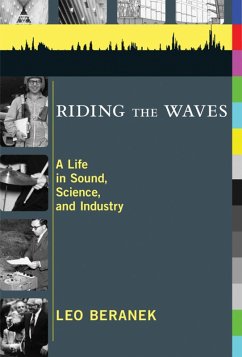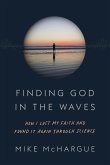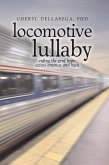Leo Beranek, an Iowa farm boy who became a Renaissance man—scientist, inventor, entrepreneur, musician, television executive, philanthropist, and author—has lived life in constant motion. His seventy-year career, through the most tumultuous and transformative years of the last century, has always been propelled by the sheer exhilaration of trying something new. In Riding The Waves, Leo Beranek tells his story. Beranek's life changed direction on a summer day in 1935 when he stopped to help a motorist with a flat tire. The driver just happened to be a former Harvard professor of engineering, who guided the young Beranek toward a full scholarship at Harvard's graduate school of engineering. Beranek went on to be one of the world's leading experts on acoustics. He became Director of Harvard's Electro-Acoustic Laboratory, where he invented the Hush-A-Phone—a telephone accessory that began the chain of regulatory challenges and lawsuits that led ultimately to the breakup of the Bell Telephone monopoly in the 1980s. Beranek moved to MIT to be a professor and Technical Director of its Acoustics Laboratory, then left academia to found the acoustical consulting firm Bolt, Beranek and Newman. Known for his work in noise control and concert acoustics, Beranek devised the world's largest muffler to quiet jet noise and served as acoustical consultant for concert halls around the world (including the Tanglewood Music Shed, the storied summer home of the Boston Symphony Orchestra). As president of BBN, he assembled the software group that invented both the ARPANET, the forerunner of the Internet, and e-mail. In the 1970s, Beranek risked his life savings to secure the license to operate a television station; he turned Channel 5 in Boston into one of the country's best, then sold it to Metromedia in 1982 for the highest price ever paid up to that time for a broadcast station. "One central lesson I've learned is the value of risk-taking and of moving on when risks turn into busts or odds look better elsewhere,” Beranek writes. Riding The Waves is a testament to the boldness, diligence, and intelligence behind Beranek's lifetime of extraordinary achievement. Leo Beranek is a pioneer in acoustical research, known for his work in noise control and the acoustics of concert halls, and the author of twelve books on these topics. The many awards he has received include the Presidential National Medal of Science, presented in 2003.
Dieser Download kann aus rechtlichen Gründen nur mit Rechnungsadresse in A, B, BG, CY, CZ, D, DK, EW, E, FIN, F, GR, HR, H, IRL, I, LT, L, LR, M, NL, PL, P, R, S, SLO, SK ausgeliefert werden.









